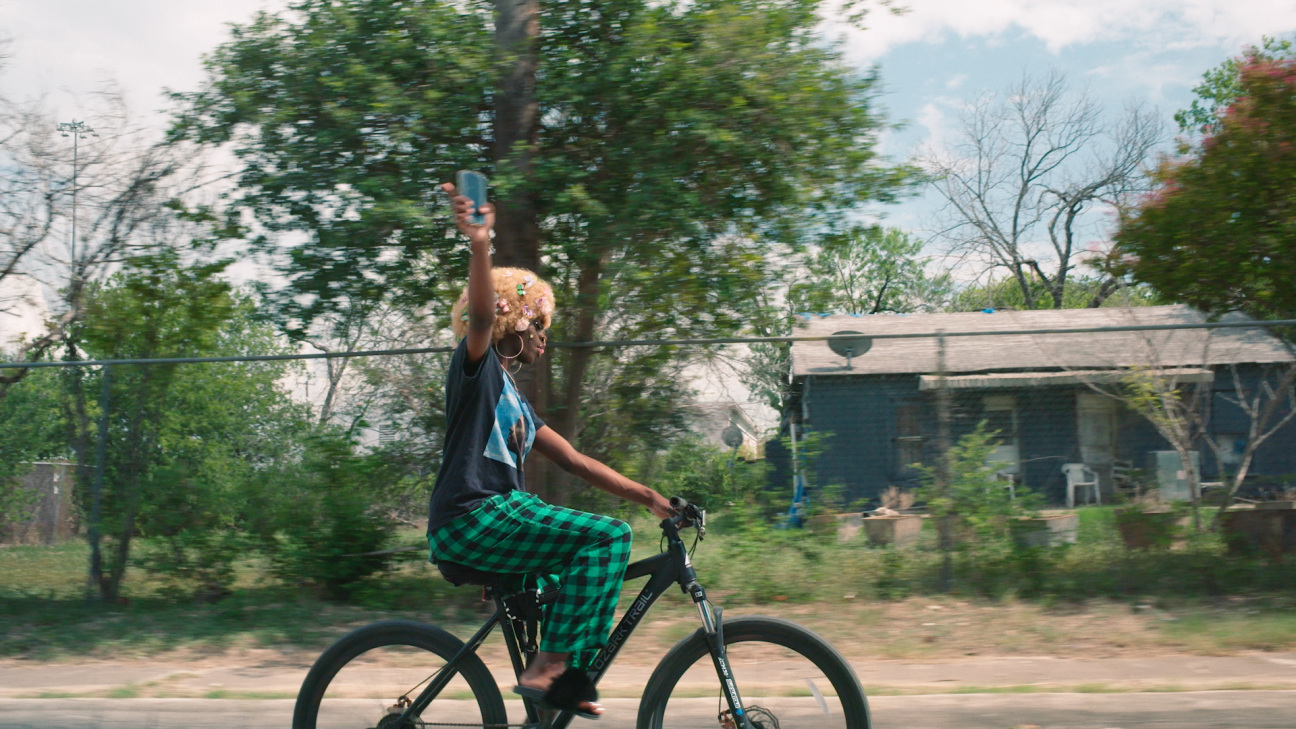
The documentary Just Kids chronicles transgender teens and their families at an impossible crossroads. Living in red states where gender-affirming care is banned, they must decide whether to stay and fight—or leave. This process is captured with sensitivity and care in the 93-minute documentary that debuted this past weekend at the 2025 Tribeca Film Festival.
Directed by journalist Gianna Toboni and produced by her sister, actor-filmmaker Jacqueline Toboni, the film zooms in on three families in Texas and South Carolina. Their stories are designed to illustrate the wide range of people touched by this issue: the father of one child is a gun-loving veteran; the mother of another is an apolitical former correctional officer. The film supplements their own accounts with the perspectives of civil rights experts and intergenerational pioneers in the trans community. The final product (not to be confused with the Patti Smith memoir of the same name) is equal parts historical document, living archive, and beacon of hope.
Gianna—an Emmy and GLAAD Media Award winner and former senior correspondent at VICE News—collaborated closely with her sister, actor and filmmaker Jacqueline Toboni, to produce the film. The pair brought on composer Taul Katz, whose credits include everything from scores for the Bulgarian Orchestra to films across the festival circuit, to enrich the story through sound.
Ahead of the film’s premiere, I sat down with the Toboni sisters and Katz for a candid conversation about the making of Just Kids—from their casting process to what it means to earn a subject’s trust—and why, ahead of the U.S. Supreme Court’s ruling on gender-affirming care, telling these stories is more urgent than ever.
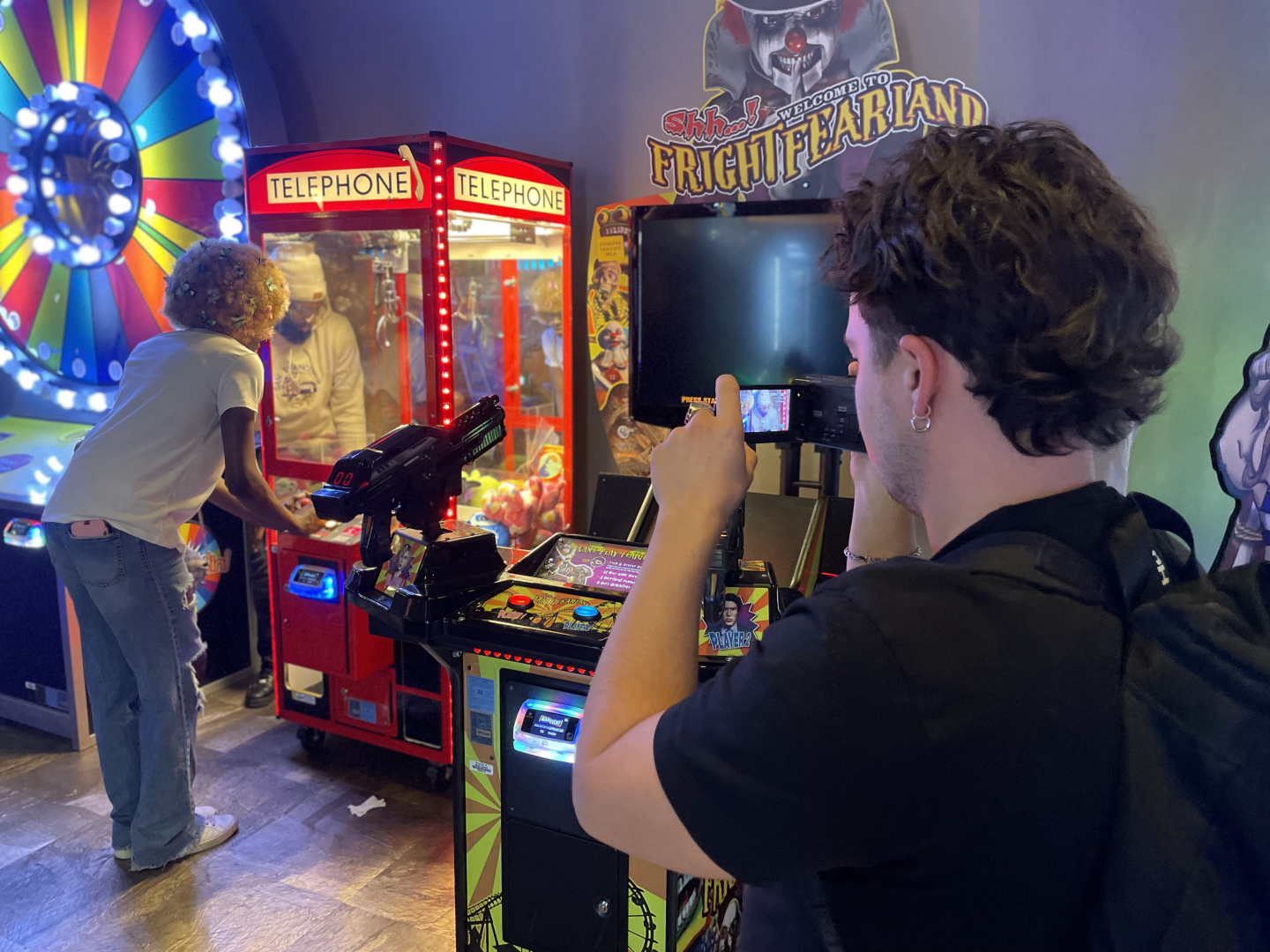
Sienna Fekete: It’s so beautiful how you were able to capture these stories with such trust and intimacy. It was a hard watch, as well, to see the realities of how gender-affirming care is being demonized and criminalized under this administration. How are you all feeling about this release at this moment in time in America, and what are you hoping viewers take away from it?
Gianna Toboni: We have a complicated set of emotions going into Tribeca. On the one hand, we want this film to reach more eyeballs. This is so that we can start the process of correcting the narrative around gender-affirming care in our country. On the other hand, it’s a really disappointing time in our country, even more so than when we started this film. There were points while in production where we felt the political attacks could not get any worse. Yet here we are, one year later, two years later, and they are significantly worse. To that point, it feels there has never been a more important time for a film like this to come out.
Fekete: When did you begin the process of filming?
Gianna: We started filming toward the end of 2023. So we were filming for about a year or so.
Fekete: I was so touched by the portrayal of each family that you zoomed in on. What was that research and casting process like?
Gianna: Jacqueline [Toboni] and I spent months pre-interviewing different families in different parts of the country. It was really important that we featured families who often are not in the media. We spent a lot of time trying to find people that reflected how indiscriminate this issue is, and how it really does affect every kind of family. The number one priority for us was to find families, and specifically youth, who were in a mental and emotionally stable position to be participating in something like this. We also offered resources from GLAAD, who was a consulting producer. I’d love for Jacqueline to talk a little bit about how she found Alazaiah.
Fekete: A star!
Gianna: A lot of the families that we had pre-interviewed felt nervous about coming out. They talked about the stigma in their community and how their child might be unsafe if they became public. We had to be fairly creative with how we found Alazaiah, and Jacqueline really spearheaded that.
Jacqueline Toboni: As Gianna said, we didn’t want this to be about a family that is normally in the media, and we knew from the beginning that we had to get creative with how we were going to find some of these families, so I took to TikTok. After weeks of my eyes bleeding through videos, we found Alazaiah. She’s such a unique and individual person, that there’s no one better to tell her story than her.
Gianna: Jacqueline won’t tell you this, but it was her 16th straight hour on TikTok.
Jacqueline: It’s not a bad job when you’re just scrolling on TikTok.
Fekete: I loved when Alazaiah was talking about the advent of social media, and TikTok actually being this space of community-building and resource-sharing. What went into the world-building for the film? Were there any specific prompts that you had for the interviews, themes, or score for each family?
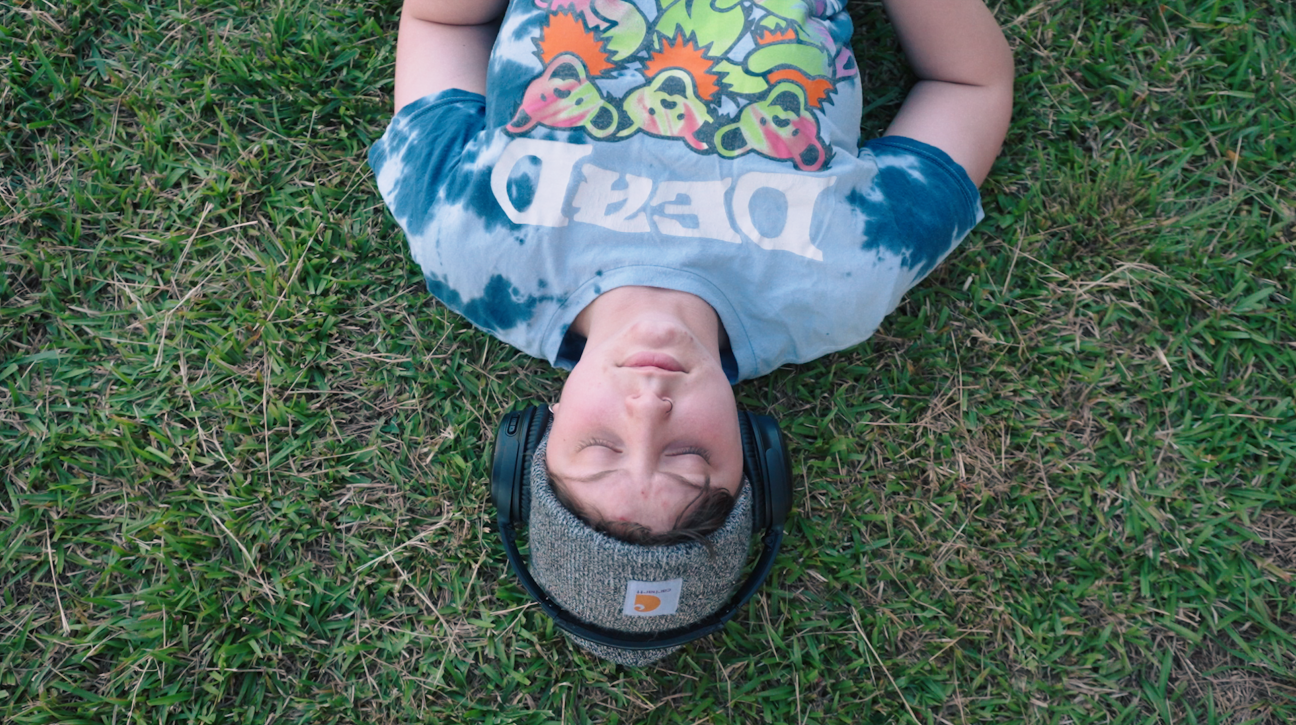
Taul Katz: The world was already very much built by Gianna, Jacqueline, and the kids. It didn’t really feel like it was something that I wanted to add anything on top of. There’s already so much grief, uncertainty, love, and also joy in all of these characters and I wanted the score to reflect that. I started out by watching it a bunch of times and spending as much time as possible with all the characters and then wrote themes for them.
Fekete: Can you tell me about that process of filming with all of the families and secondary characters? What was that process like?
Gianna: From the very beginning, Jacqueline’s and my intention was to break outside of the bubble. We’re making this film for people who don’t understand what these kids and families are going through, and don’t understand why gender-affirming care is so important. We felt that we needed to find families who speak that language—a different language than a “liberal coastal ally.”
When we first met Eric, it was over FaceTime and he was talking about all his guns and being a veteran. We were thinking, this guy’s amazing. We need Eric in the first scene of the film. The reason it’s important is because Eric can speak to the Joe Rogan guys, and those are the guys that we need to better understand this issue and to frankly kind of wake up and understand that they’re being duped by an old political strategy. He’s our conduit to that community.
Alazaiah’s brothers are both cisgender men of color and not natural allies in this world, until their sister comes out and is trans. Then, all of a sudden, they get up to speed and become her number one advocates in the absence of parents. They do a beautiful job of showing that what’s most important in this world is just loving and accepting the people around us for exactly who they are.
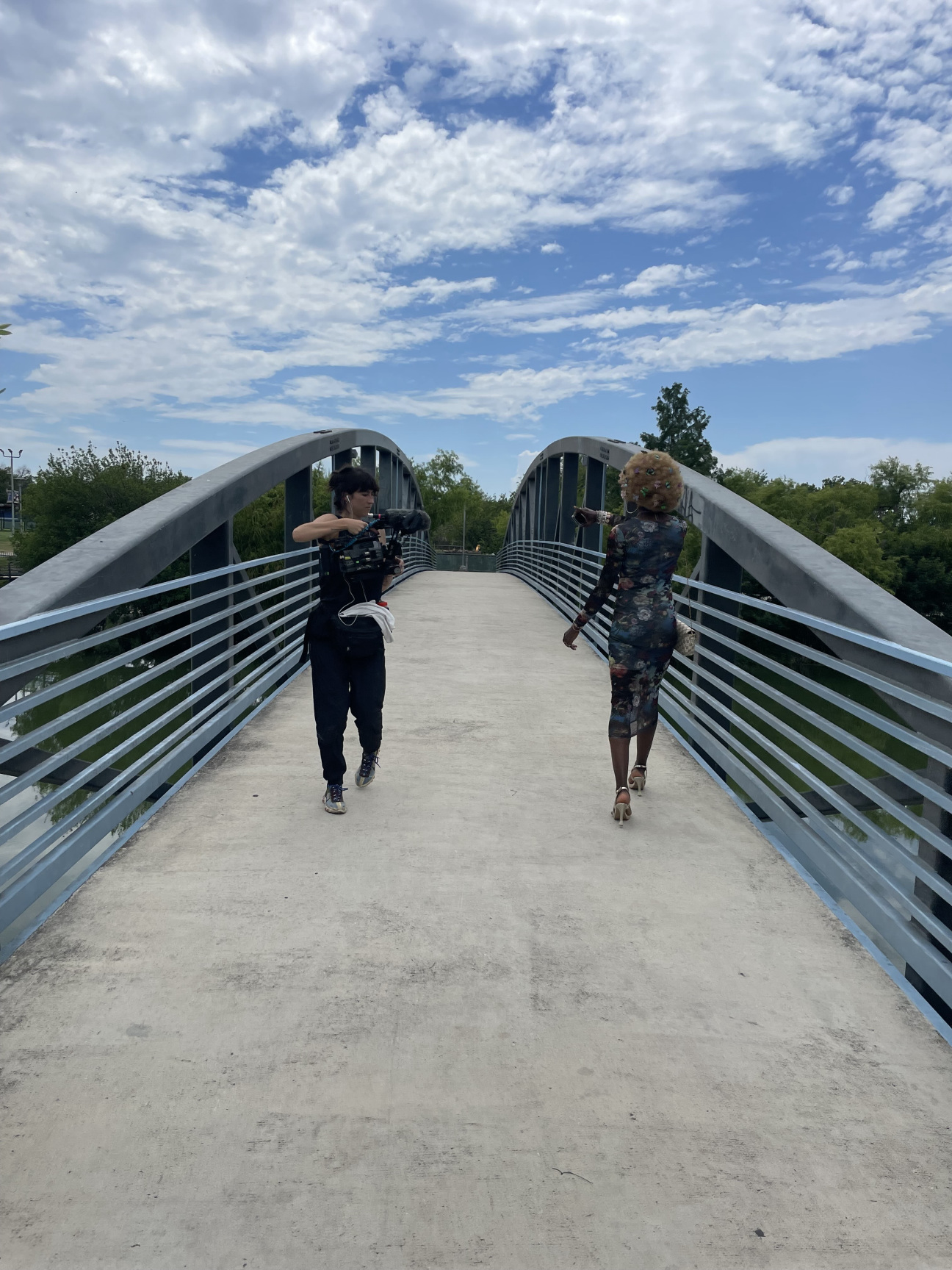
Katz: I feel like this is something that you both did so well—speaking to a lot of people that may be transphobic, or who don’t understand it until they have someone that they know. You get to know the characters so well, that it can almost provide something similar for people.
Fekete: I loved the peppering throughout of historians and trans elders who were adamant that this isn’t new, and doctors who shared how ill-informed people are. It was brilliantly illustrated in the scenes where you see senators who seem to be telling on themselves with their misinformation.
Jacqueline: Being in these legislatures as they’re arguing over whether or not they should pass these bills is the most heightened example of how polarized our country is. All of these legislators are saying one thing about their version of the truth. Then, almost all of the people testifying are people who have lived experience—parents of trans kids, doctors who have cared for trans youth for years, heads of the American Academy of Pediatrics—who are all intimately touched by this issue, who know what is true.
Fekete: You wonder whether anyone’s listening at all. I’m just curious about your working relationships with each other, and with Taul. How did you feed off of each other’s creative impulses?
Gianna: Taul came to us through a very good friend, Eva Tolkin, and dove right in off the bat. I have never worked with a composer before. I was blown away by their approach. I received this extremely detailed Excel document, color-coded with themes for each character. They had clearly watched the film more than once and really understood what we were trying to say. Then seeing the score in the film, the whole experience changed. All of a sudden, these identities were so much stronger and apparent. Taul just nailed who each of these kids were in the score, and I was really grateful for that. I’ll just quickly talk about Jac—we’re sisters and producing partners. For any given project, usually one of us will direct and the other will be a producer. But truthfully, we are co-directors and co-producers on everything. Jacqueline comes to me with a brilliant creative vision, which is implemented at every turn in this film.
Jacqueline: In this particular case, we were co-directors in the truest sense because of the scale of the project and the time. What really happened was that over the year that we spent together, we built a style together, which changed and evolved in a very fluid process. We also each learned so much from each other, and from the different skills we brought.
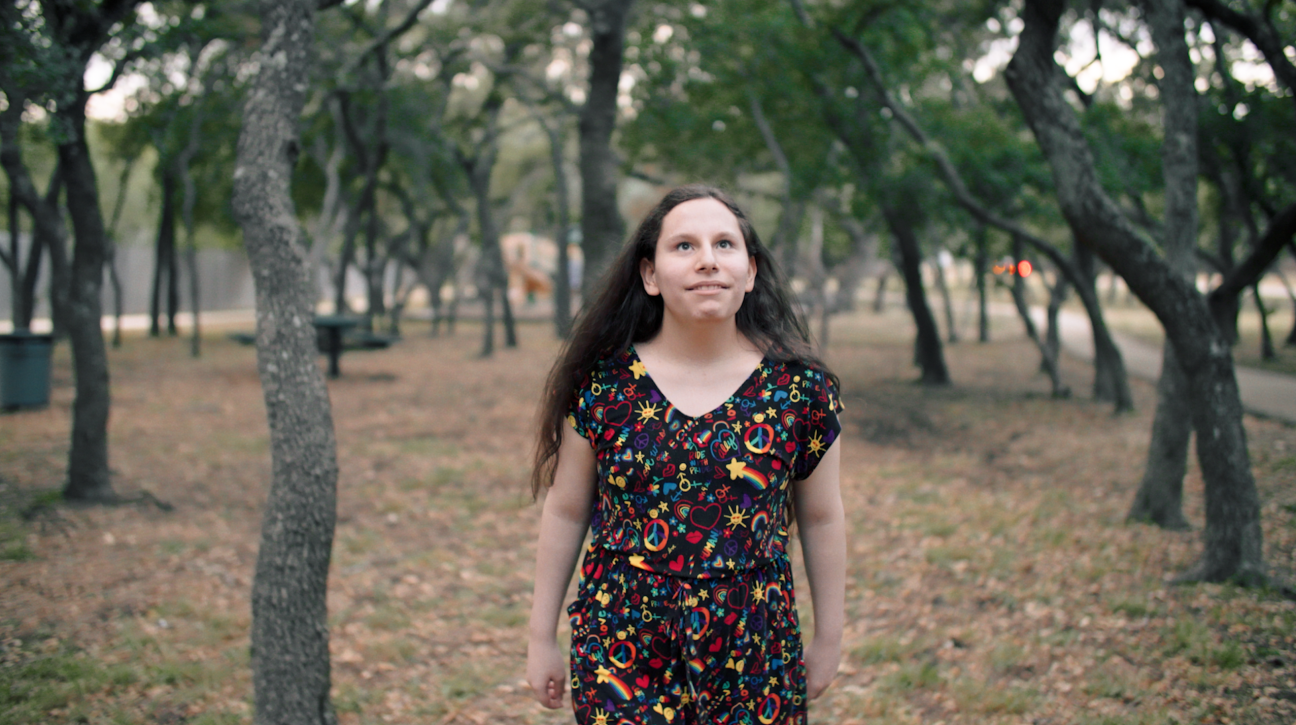
Katz: I tried to bring in a lot of different textures and musical colors to match the different emotional beats and arcs. What was really exciting was how the three of us would get together, listen to rough cuts, and then just riff on ideas and textures. We’d really let the music grow organically from the film itself.
Fekete: What was the most pressing and important thing to you in making this documentary? How did you choose what to include, and what not to?
Gianna: In 2023, Jacqueline and I looked at each other and just said, “This is insane.” Laws were being passed rapidly. CPS was investigating parents. People we knew were repeating misinformation. As a journalist, I’d spent years reporting on this. I knew what was true. But suddenly, lies were dominating the national conversation. We realized we had to do something bigger—something that could change the narrative.
Katz: I’ve kind of had this cynicism around representation at this point, because of how pink-washed everything is, and how almost naming something and creating representation sometimes can do this thing where it’s then used against a community. Through this process, I realized that actually, no, it’s really important. I’ve had this dialogue of, I don’t want to just be the trans composer [that] people call for the queer projects. Watching this, I thought, No, it’s important to take part in these projects.

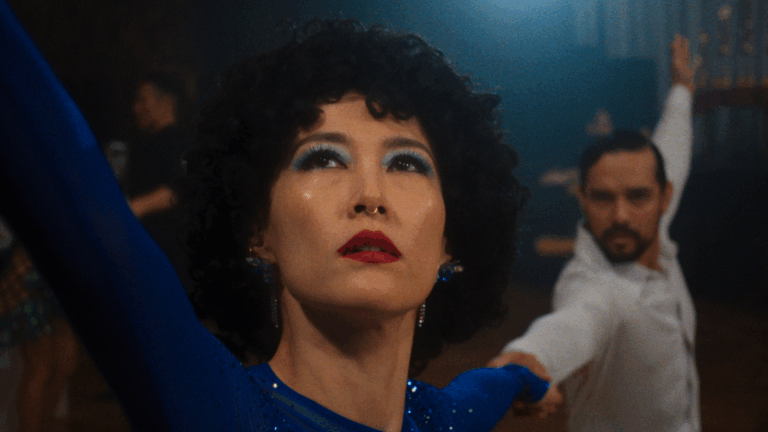
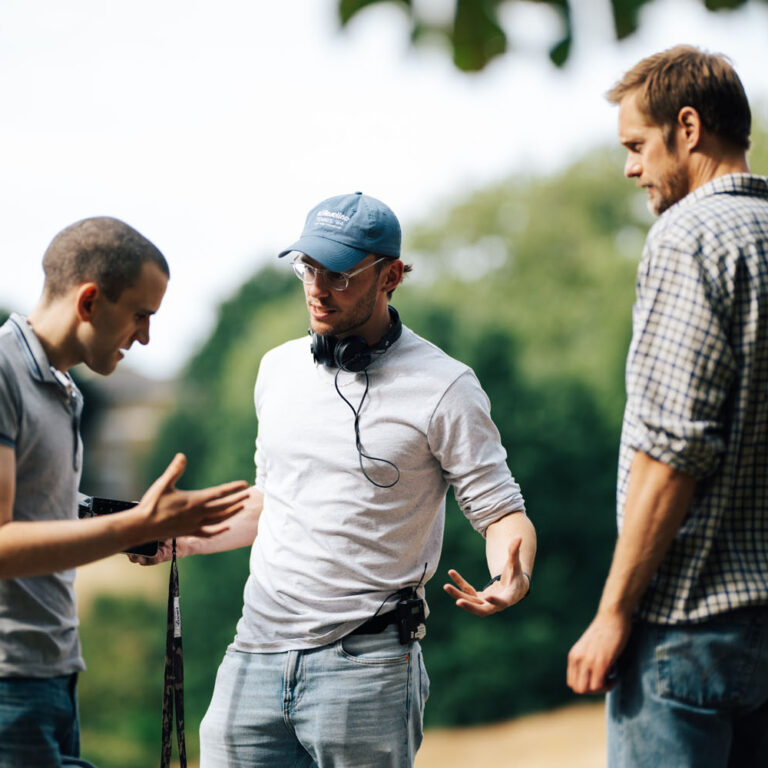
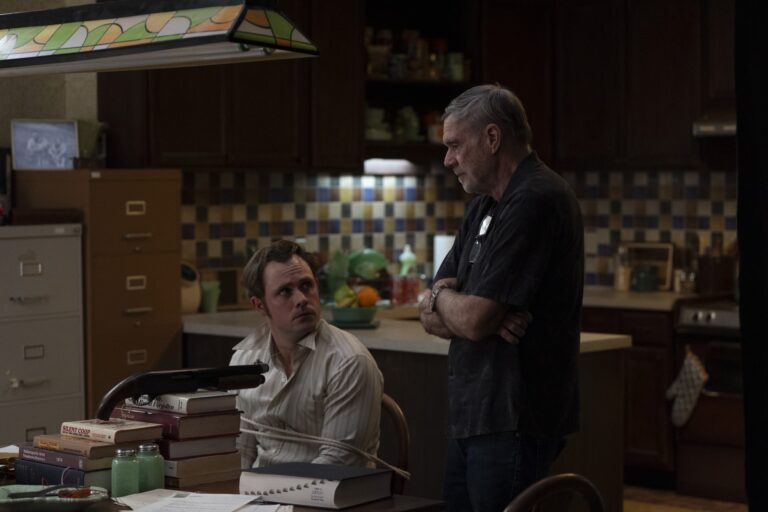
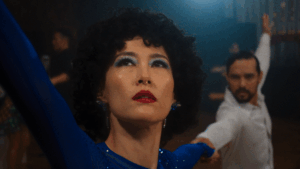
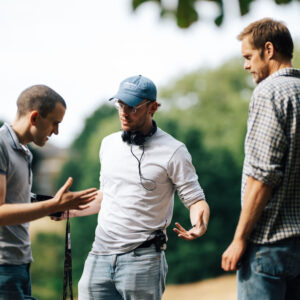
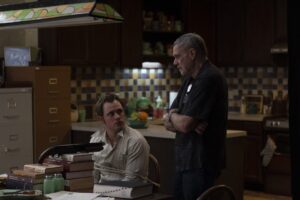



 in your life?
in your life?

